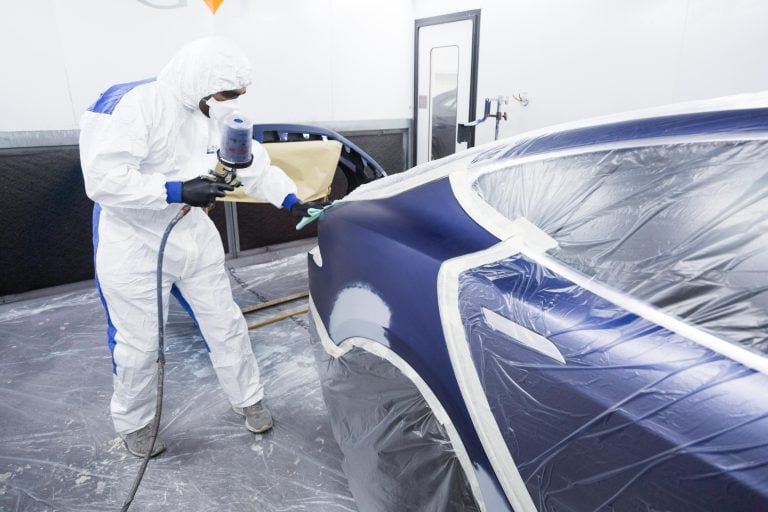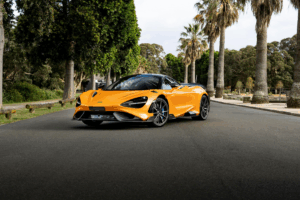- Showroom Case Studies
Importing Cars From the UK to Indonesia in 2025: What You Need to Know | GVE London – Blog
Importing a UK car to Indonesia? Learn about paperwork, taxes, shipping, and legal rules to ensure a smooth, compliant import process.
Bringing a British car to Indonesia can be exciting. Right-hand drive vehicles fit perfectly with local roads, which already gives UK imports a head start. But the process isn’t always simple. From paperwork to taxes to what kind of shipping works best, there’s a lot to sort out before your car even touches Indonesian soil. Let’s go through the essentials in plain, straightforward terms so you’re not left guessing.
Paperwork Comes First
Before your car even leaves the UK, you’ll need approval from Indonesian authorities. You’ll have to register as an importer and get the right identification number. If you’re bringing in the car for resale or business, you’ll also need a vehicle type approval. That means the car must meet local safety and lighting rules. Indonesia updated these rules recently, and slots for importing fully built cars are now limited. It’s smart to apply early before quotas fill up.
Customs & Tariffs
Alas, if only the cost of importing a vehicle was merely the shipping and, of course, the price of the car. However, needless to say, that isn’t the case. The costs keep adding up and a big one is taxes, customs and tariffs.
Now, the import duty is around 50% for fully built cars. Then, there is the luxury tax which depends largely upon the engine size and the type of car, ranging between 10 to 125%, and add 11% VAT on that.
Let’s not forget about port handling, insurance, and broker services fees. Realistically, the final bill is more than double in many cases of the asking price of the car.
Age, Condition and Emissions Matter
Indonesia doesn’t allow most used car imports unless the vehicle is less than five years old or considered a classic. The car also needs to meet strict emissions standards. Right now, that means Euro 4 for both petrol and diesel. If your vehicle doesn’t meet those rules, it might get stuck in customs.
Bringing proof of compliance can help. A valid factory emissions and MOT certificate can make the process faster and smoother.
Shipping Options
Most people importing luxury cars from the UK choose enclosed container shipping. It’s safer and better for protecting the paint and body. Roll-on/roll-off shipping is cheaper, but the car is exposed to the elements and at greater risk of damage.
Expect your car to take four to six weeks to arrive. Once it lands, customs clearance and inspection will take at least another week or two. Full insurance during shipping is essential, especially for high-end models.
Read Also: Key Steps and Tips to Navigating the International Vehicle
What Happens After the Car Arrives
Once the car is off the boat, there’s still more to do.
- Pay all import fees and get the official customs release papers.
- Take the car to a government testing centre to check the chassis number and other details.
- Register the car with the police and get number plates.
- Get local insurance. Third-party coverage is mandatory, but extra protection against theft and flood is worth considering.
- Have the car inspected by a local workshop. Software updates may be needed and fluid levels should be adjusted for the hot climate.
What About Supercars?
Importing luxury cars from the UK can get especially expensive. Sports coupes with large engines are hit with the highest luxury tax rates. To reduce the cost, some buyers go for turbocharged cars with smaller engines that are taxed at lower rates.
Before making any big decisions, think about service and parts availability. Some luxury brands don’t have official dealers in Indonesia, which means long waits if you need repairs.
Conclusion
Importing cars from the UK to Indonesia isn’t cheap, but it’s doable if you’re prepared. The process takes time, money and a bit of patience. When it’s done right, though, the reward is a car you truly love driving. If you’re serious about luxury car export, hit us up here at GVE London. We specialise in the sale and purchase of high-end vehicles, as well as repairs and modifications —and we can help you get the car you desire. Contact us today!
Frequently Asked Questions
It depends on the type of modifications. Cosmetic changes like wheels or spoilers are usually fine. But engine and exhaust mods can lead to customs rejecting the vehicle, especially if they affect emissions.
Most personal imports must be five years old or newer. There are exceptions for classic cars, but these require special paperwork and approval from government agencies.
Yes. Even if you didn’t buy the car yourself, all imported vehicles are taxed the same way. You’ll still have to cover import duties, luxury tax and VAT.
Contact Us
"*" indicates required fields
OUR SERVICES
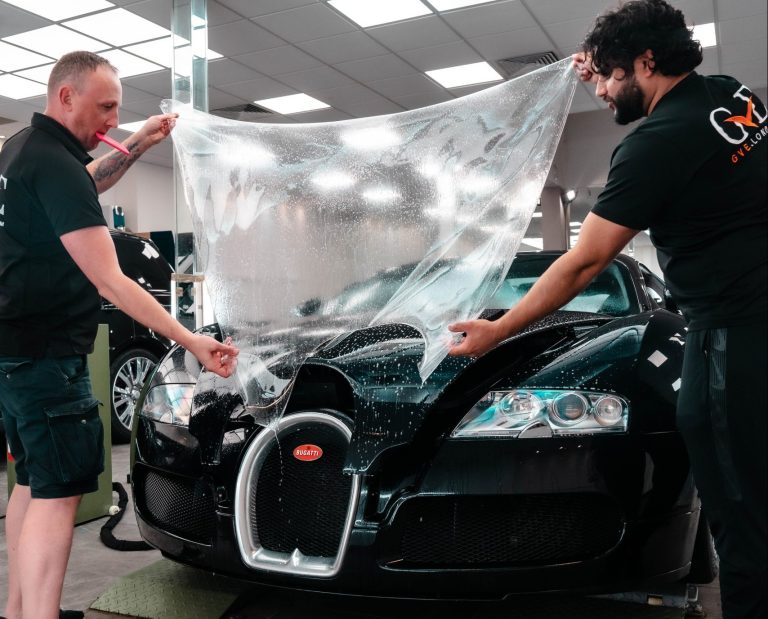
PAINT PROTECTION FILM
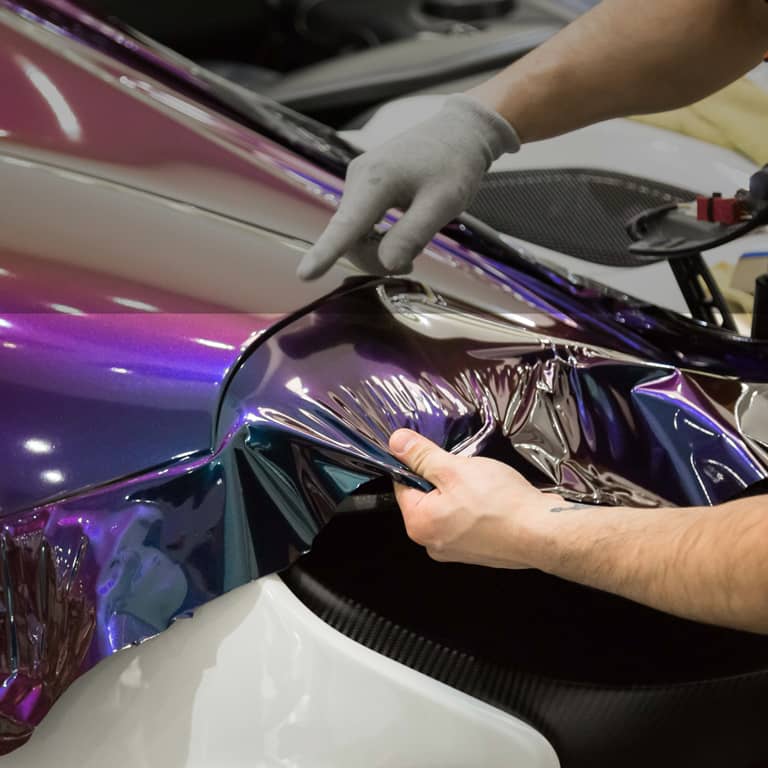
WRAPPING
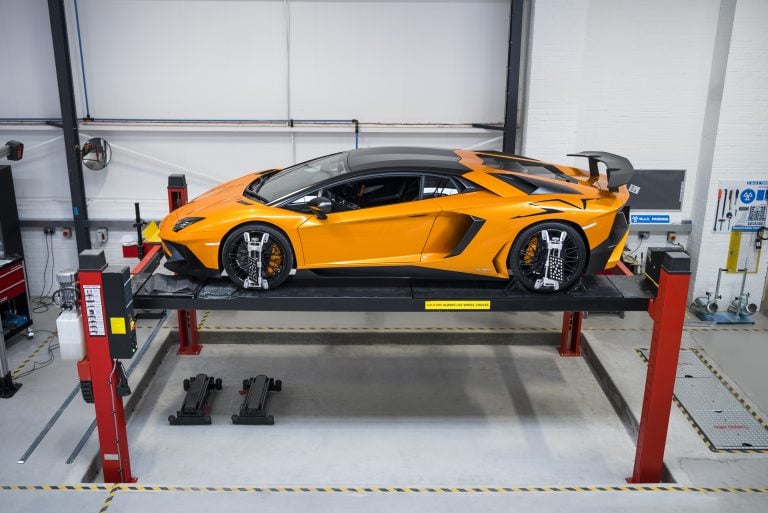
SERVICING
